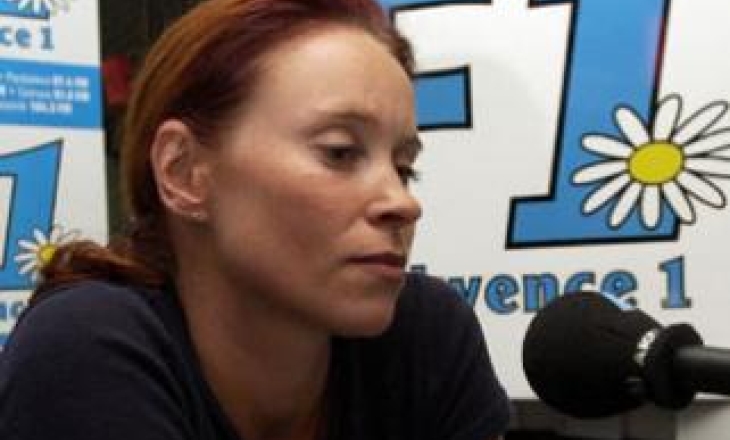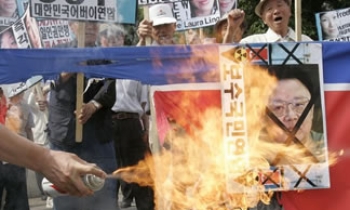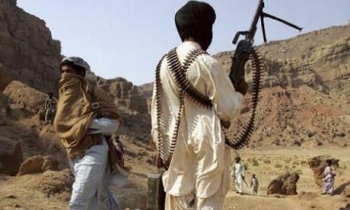A Czech court has upheld a fine against reporter Sabina Slonkova for refusing to disclose the names of confidential sources to the state prosecutor.
The case dates to February 2008, when online news portal Aktualne.cz posted video surveillance footage taken at Prague’s Hotel Savoy and leaked to Slonkova. The footage shows a clandestine meeting shortly before last year’s Czech presidential election between Jiri Weigl, chief of staff to President Vaclav Klaus, and Miloslav Slouf, a lobbyist with alleged links to the Czech underworld, according to Vienna-based International Press Institute (IPI).
"This fine represents an unsettling trend in Europe–the erosion of journalists’ right to protect their sources,’’ said IPI Director David Dadge. "In Sabina Slonkova’s case, and similar rulings in France and Britain, courts have said that the fundamental right to protect the confidentiality of sources does not apply. Without this right, investigative journalism–and the public’s right to know what their representatives are doing–will suffer."
“The court ruling is completely baffling. The meeting was held in a public place. A campaign director is by definition a public figure in the run-up to an election. The report posted on the website Aktualne.cz is therefore of public interest. Sabina Slonkova only did her job and made legitimate use of her right to inform the public,” Paris-based Reporters sans Frontières (RSF) said.
Czech authorities considered the leak a violation of privacy laws, and the police and prosecutors launched criminal investigations.
Investigators approached Slonkova for information, but she refused to reveal the identity of the individual who provided her with the footage on the basis that a journalist’s right to protect the confidentiality of their sources is enshrined in national law.
This was accepted by all the investigators with the exception of the state prosecutor, who pursued the case against her. On November 28, 2008, she was fined 700 euros for violating the privacy laws. Slonkova appealed, but the fine was upheld by a Prague district court on February 6.
“Convicting Sabina Slonkova does nothing to guarantee the protection of private life. The authorities were above all looking for the journalist’s sources. But the protection of sources, cornerstone of freedom of the press, is guaranteed under the constitution," RSF said.
This is not the first time that Slonkova has been singled out for her investigative journalism. In 2002, police foiled a high-level plot to kill Slonkova, after one of the would-be killers turned informer. A former senior Foreign Ministry official, Karel Srba, and four others were found guilty of conspiring to murder the journalist. Slonkova had written several investigative articles questioning Srba’s financial dealings while at the ministry.
The fine against Slonkova raises fresh concerns about a backslide in media freedom in the Czech Republic, which currently holds the rotating presidency of the European Union. The court’s ruling in the Slonkova case came only a day after the lower house of the Parliament overturned a Senate veto of a bill containing controversial amendments that would criminalise the disclosure of police wiretaps by the media.
If Czech President Vaclav Klaus signs the bill into law, journalists who make public such wiretaps will face a fine of up to 180,000 euros or a jail term of up to five years.
The bill has sparked outrage among Czech journalists, who have used leaked wiretaps to uncover graft. "Confidentiality of sources is there to protect investigative reporting, which is essential if journalists are to act in the public interest,’’ Dadge said.










